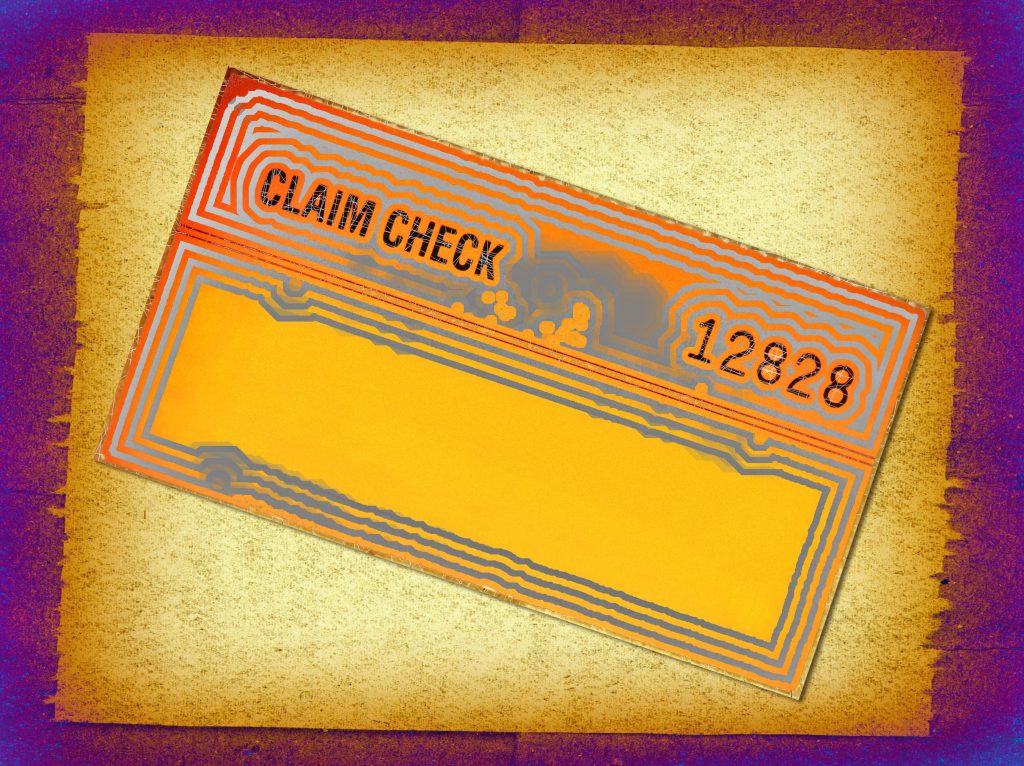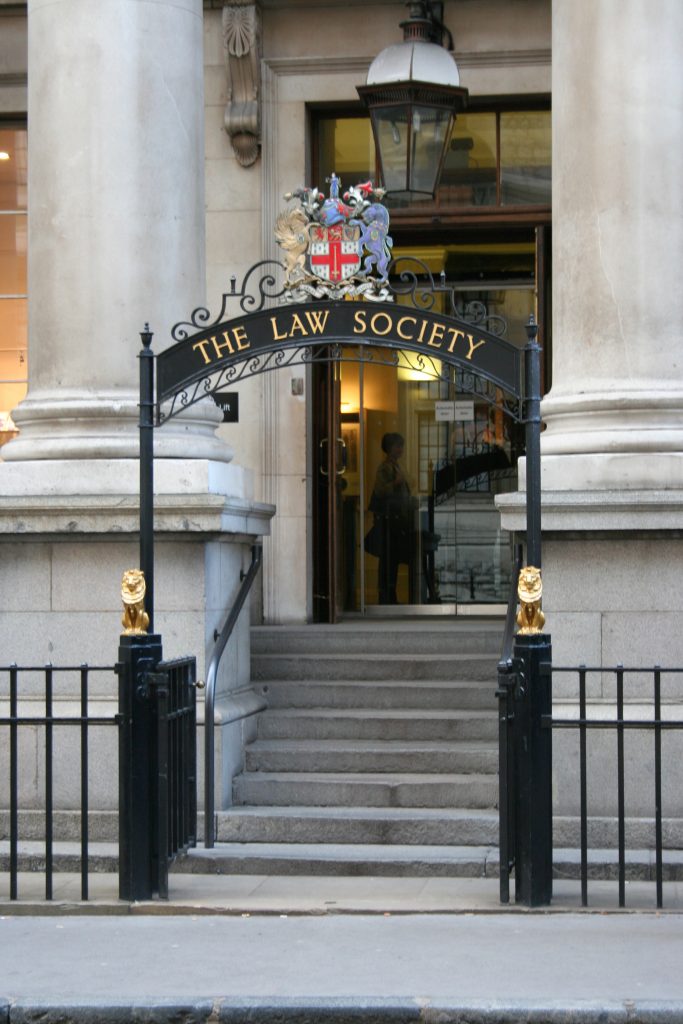 When plaintiffs sue based upon statutes, legal decisions often hinge upon how the statute is interpreted. In many cases, this can depend on how the court interprets the meaning of a single word within the statute. In order to interpret legal statutes, courts employ a process known as statutory construction. In this case the court utilized statutory construction to determine that the meaning of “claim” used in the Louisiana Revised Statutes did not apply to a final “judgment” issued by a court.
When plaintiffs sue based upon statutes, legal decisions often hinge upon how the statute is interpreted. In many cases, this can depend on how the court interprets the meaning of a single word within the statute. In order to interpret legal statutes, courts employ a process known as statutory construction. In this case the court utilized statutory construction to determine that the meaning of “claim” used in the Louisiana Revised Statutes did not apply to a final “judgment” issued by a court.
Byard Edwards Jr. sought to recover underinsured motorist (UM) benefits via his insurance policy with Louisiana Farm Bureau Mutual Insurance Company after he sustained injuries in an automobile accident. After Edwards won at trial, he began a proceeding to recover statutory penalties and attorney fees from Farm Bureau because it failed to pay the judgment from the UM case within either 30 or 60 days of the final judgment. Edwards sought these penalties and fees under La. R.S. 22:1892 and La. R.S. 22:1973. These Sections require insurers to pay out “claims” to an insured party within specified time frames. The Trial Court granted summary judgment in favor of Farm Bureau and Edwards appealed the decision.
The issue, in this case, was whether or not the final “judgment” issued by the court constituted a “claim”, as used pursuant to the aforementioned statutes. The Court of Appeal interpreted the meaning of the term “claim” by following the rules of statutory construction. The first step the Court took was to consider the language of the statute itself. However, the word “claim” is not defined in either Section.
 Louisiana Personal Injury Lawyer Blog
Louisiana Personal Injury Lawyer Blog


 Imagine you go to a hospital for a medical emergency such as leg weakness, back pain, and paresthesia. While you are at the hospital, you feel that you are treated harshly and unprofessionally by the physician that examines you. Later, you find out that the physician wrote insulting things about you in your consultation report, which is now a part of your permanent medical record. This situation was a reality for Ms. Michelle Conner.
Imagine you go to a hospital for a medical emergency such as leg weakness, back pain, and paresthesia. While you are at the hospital, you feel that you are treated harshly and unprofessionally by the physician that examines you. Later, you find out that the physician wrote insulting things about you in your consultation report, which is now a part of your permanent medical record. This situation was a reality for Ms. Michelle Conner. Automobile accidents can be terrifying experiences.
Automobile accidents can be terrifying experiences. party. These costs can include expert witness fees, deposition fees, exhibit costs, costs for the clerk of court, the cost of obtaining medical records and related expenses. See
party. These costs can include expert witness fees, deposition fees, exhibit costs, costs for the clerk of court, the cost of obtaining medical records and related expenses. See  When a driver fails to satisfy the standard of care, the driver’s negligence during an automobile accident may be considered in a lawsuit. The standard of care is the amount of caution that must be exercised by a person who is under a duty of care. A case out of Ouachita Parish demonstrates the special rules that a left-turning driver must follow and the presumption of negligence that attaches to a left-turning driver.
When a driver fails to satisfy the standard of care, the driver’s negligence during an automobile accident may be considered in a lawsuit. The standard of care is the amount of caution that must be exercised by a person who is under a duty of care. A case out of Ouachita Parish demonstrates the special rules that a left-turning driver must follow and the presumption of negligence that attaches to a left-turning driver. According to the Alzheimer’s Association, 5 million people are currently living with Alzheimer’s disease. Statistics also show that people age 70 are 61% more likely to die from the disease before they turn the age of 80, compared to 30% of the people living without it. So what is Alzheimer’s disease? It is a type of dementia that causes problems with memory, thinking, and behavior. Symptoms worsen over time, rarely get better and are so severe that they can interfere with the daily lives of these individuals. A recent case out of the Louisiana First Circuit Court of Appeal is illustrative of just some of the hardships those who suffer from Alzheimer’s disease face.
According to the Alzheimer’s Association, 5 million people are currently living with Alzheimer’s disease. Statistics also show that people age 70 are 61% more likely to die from the disease before they turn the age of 80, compared to 30% of the people living without it. So what is Alzheimer’s disease? It is a type of dementia that causes problems with memory, thinking, and behavior. Symptoms worsen over time, rarely get better and are so severe that they can interfere with the daily lives of these individuals. A recent case out of the Louisiana First Circuit Court of Appeal is illustrative of just some of the hardships those who suffer from Alzheimer’s disease face.  Concursus proceedings can be complicated. In a concursus proceeding, multiple parties assert competing claims to money or property.
Concursus proceedings can be complicated. In a concursus proceeding, multiple parties assert competing claims to money or property.  Louisiana law strongly encourages arbitration as a method of resolving disputes. Arbitration is a form of alternative dispute resolution whereby parties agree to be bound by the decision of neutral third parties. Arbitration promotes efficiency in dispute resolution because it attempts to resolve disputes before court involvement becomes necessary. It prevents courts from becoming backlogged with excessive caseloads. While arbitration promotes court efficiency, it can be a burdensome roadblock to certain litigants seeking recovery. A recent Louisiana case is illustrative.
Louisiana law strongly encourages arbitration as a method of resolving disputes. Arbitration is a form of alternative dispute resolution whereby parties agree to be bound by the decision of neutral third parties. Arbitration promotes efficiency in dispute resolution because it attempts to resolve disputes before court involvement becomes necessary. It prevents courts from becoming backlogged with excessive caseloads. While arbitration promotes court efficiency, it can be a burdensome roadblock to certain litigants seeking recovery. A recent Louisiana case is illustrative. Are you being or have you been sued and simply can’t afford court costs and litigation due to financial instability? If this is your case, you can file an affidavit of poverty also known as obtaining pauper status pursuant to
Are you being or have you been sued and simply can’t afford court costs and litigation due to financial instability? If this is your case, you can file an affidavit of poverty also known as obtaining pauper status pursuant to  A car accident can create a significant change in one’s life. If nothing else, it can generate a large monetary cost that will be difficult to repay. Automobile insurance, which each person must have to a certain extent, can help with this cost. Other sources like governmental benefits may be of help to some, but it is essential to understand how public benefits and private insurance policies may interact. Louisiana law requires that a person who is suing an insurance company, such as the insurer of another driver at fault for a car accident, must exhaust any other insurance policies that the plaintiff may be entitled to benefits.
A car accident can create a significant change in one’s life. If nothing else, it can generate a large monetary cost that will be difficult to repay. Automobile insurance, which each person must have to a certain extent, can help with this cost. Other sources like governmental benefits may be of help to some, but it is essential to understand how public benefits and private insurance policies may interact. Louisiana law requires that a person who is suing an insurance company, such as the insurer of another driver at fault for a car accident, must exhaust any other insurance policies that the plaintiff may be entitled to benefits.